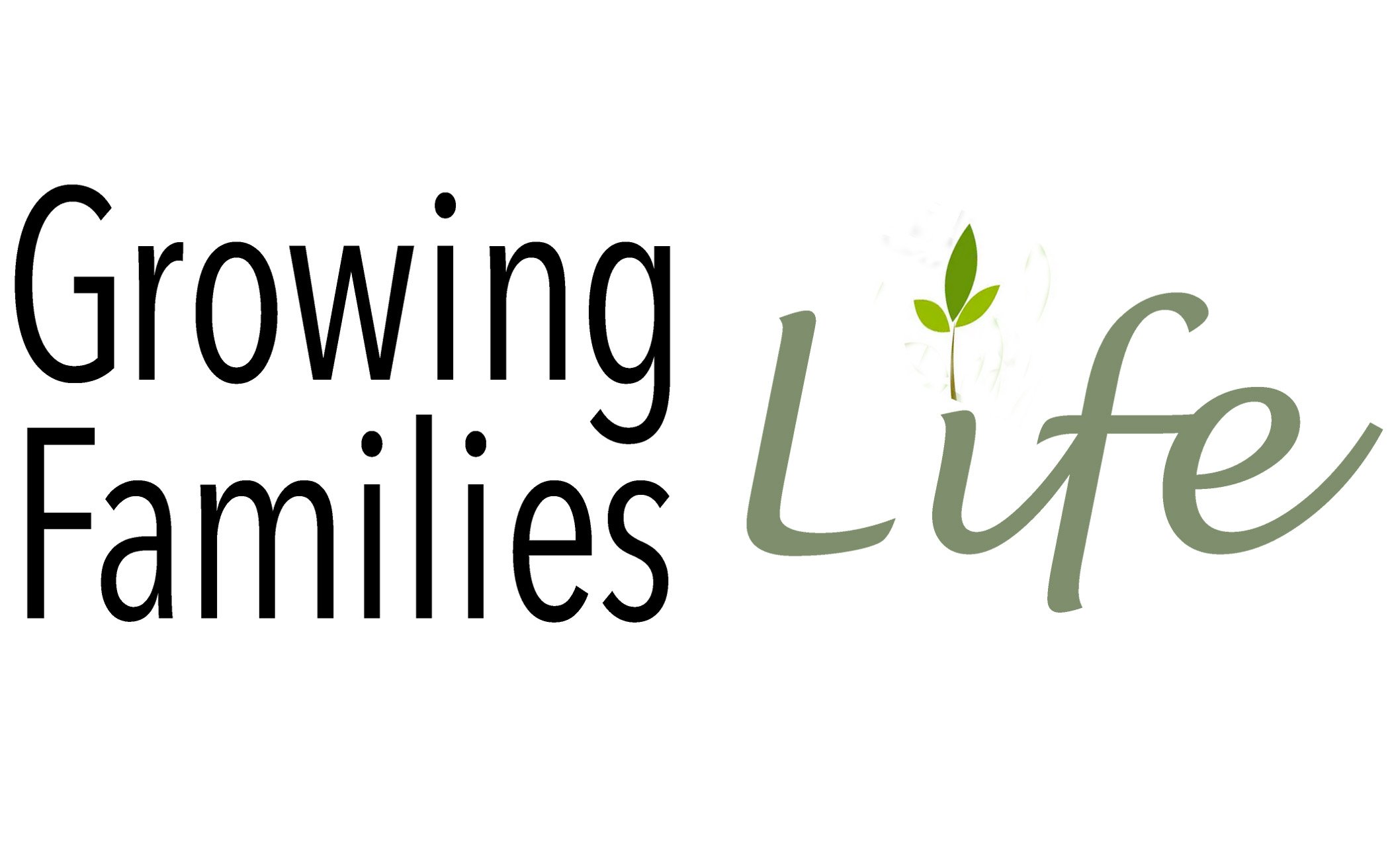Preparation for Parenting - Article
Infant Growth Spurts
What if your baby is hungry sooner than 2½ hours? Even when Mom has been working to make sure her baby is receiving full feedings, additional feeding times are sometimes necessary. This usually occurs during a growth spurt. These spurts are biological responses that affect all babies regardless of how they are fed—by breast or with formula. Actually, the term “growth spurt” is a bit vague and non-descriptive since growth, as it is understood from a length and weight perspective, is not the most visible outcome of a growth spurt.
A growth spurt occurs when a baby requires additional calories for a specific growth need, most likely to restore depleted energy to the body cells that store energy. The extra calories received during this increased feeding times, provide the reserves that support the process of visible growth that follows a growth spurt. Like a car battery that wears down over time and needs a recharge to function at full capacity, it helps to think of growth spurts as the signal that a recharge is necessary. Growth spurts require the baby to be fed as often as hunger cues are present.
For a first-time mom, the first growth spurt can be incredibly worrisome if she is not expecting it, as well as incredibly fatiguing, since it can last any time from one to four days. Fortunately, at the end of the growth spurt, everything returns to normal, including the feed-wake-sleep patterns previously established.
Are growth spurts predictable? There is some disagreement on this. While some clinicians believe growth spurts happen ten days after birth followed by three weeks, six weeks, three months and six months, others say the timing varies from baby to baby. Either way, they tend to fall into a range of time close to what is listed above. Set your cell phone calendar for those weeks with the simple note, “Growth Spurt likely.”
For a new mom, the challenge is recognizing the onset of that first growth spurt. Other than a pre-set alarm notice, there is usually no warning before it happens. Just as the feed-wake-sleep routine is finally falling into place, one day she is hit by a growth-spurt snowball! Mom will notice an all-of-a-sudden increase in hunger signs, along with excessive fussiness and waking about 40-50 minutes early from his nap with a ravenous appetite. Mom feeds, puts Baby back down for a nap and the whole thing repeats itself in 2 hours or less.
How will a Mom know when the growth spurt is over? Normal feeding cycles will resume, and the next day, Baby will nap longer than normal. That is because growth spurts are fatiguing for babies as much as they are for mothers.
To read more purchase Preparation For Parenting
